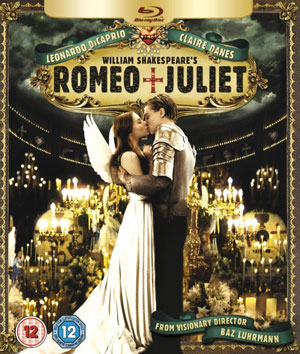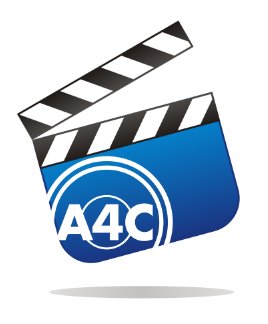by Haven Tso
 Shakespeare – a name that is both exciting and intimidating. For some conquering a Shakespearean play is like climbing Mount Everest. Some people often wonder how relevant Shakespeare’s works are in the modern world. Others just wonder how is it possible to make sense out of the strangely structured phrases and dictions in the play. Surely all his works are, well, quite old but does that necessarily mean that they are out of date? Also how exactly different is the Shakespearean language from modern English?
Shakespeare – a name that is both exciting and intimidating. For some conquering a Shakespearean play is like climbing Mount Everest. Some people often wonder how relevant Shakespeare’s works are in the modern world. Others just wonder how is it possible to make sense out of the strangely structured phrases and dictions in the play. Surely all his works are, well, quite old but does that necessarily mean that they are out of date? Also how exactly different is the Shakespearean language from modern English?
Most actors who were classically trained would immediately understand how relevant Shakespeare is in relation to our world. For me Shakespeare’s works dealt with topics that are universal and evergreen. Think about it – the rebellious love till death-do-we-part in Romeo and Juliet; the lust for power and the insanities in Macbeth; the vengeful intellectual, Hamlet; the love and contradictions in Much Ado About Nothing; and the gender confusion in Twelfth Night. Aren’t these things we are still dealing with nowadays? These themes can still be found in modern movies and TV. The thing is Shakespeare dealt with emotion in its rawest form. There are no pretensions – the intentions of characters are right out there, laying bare to the audience either in the form of dialogues or soliloquies. This is exactly why people can still relate to these stories. Not only that, when you look at the modern versions or adaptations of Shakespearean plays and movies you will find that it is not just about actors in modern clothing – but the stories themselves still translate perfectly in the modern world setting. This shows how ageless are Shakespearean plays.
For a lot of people Shakespeare is intimidating because of the language. Somehow this is interesting because we still use a lot of words that he coined (though “blog” isn’t one of them) years ago but yet his language still poses certain threats to our tongues. The sentence and rhythm structure are very different to our day-to-day language at the first glance (and yes I admit first impressions count) but then when you look at it closer it actually helps shape the way we speak now. Pauses and breaks were applied exactly at the precise moment that help you understand the phrasing and thus the text a lot better. By understanding this phrasing you also understand the motivation behind the words and thus why the words and sentences were constructed in such manner. Once you managed this skill modern text became a piece of cake (or maybe cupcakes for some).
 My experience with Shakespeare was exactly like this. Before I was just reading it as part of my literature education. I look at it and told myself “Yeah I’ve done Shakespeare”. But then after I took a Performing Shakespeare class out of boredom from my information management degree I could no longer look at Shakespeare in the same way. Throughout the years, from Theatre School to private voice training I made sure that I kept myself in touch with William because through him, or to be precise – through his world view from his language – I understood English as a language a lot better; and thus was able to appreciate why we should articulate each word clearly. The advantage? I am able to identify beats and turns in modern scripts a lot better – which helps me to become both a better actor and a better writer.
My experience with Shakespeare was exactly like this. Before I was just reading it as part of my literature education. I look at it and told myself “Yeah I’ve done Shakespeare”. But then after I took a Performing Shakespeare class out of boredom from my information management degree I could no longer look at Shakespeare in the same way. Throughout the years, from Theatre School to private voice training I made sure that I kept myself in touch with William because through him, or to be precise – through his world view from his language – I understood English as a language a lot better; and thus was able to appreciate why we should articulate each word clearly. The advantage? I am able to identify beats and turns in modern scripts a lot better – which helps me to become both a better actor and a better writer.
I don’t think Shakespeare necessarily shaped our world but he definitely knew it pretty darn well.
Haven Tso is an actor, writer, graphic designer and blogger.





